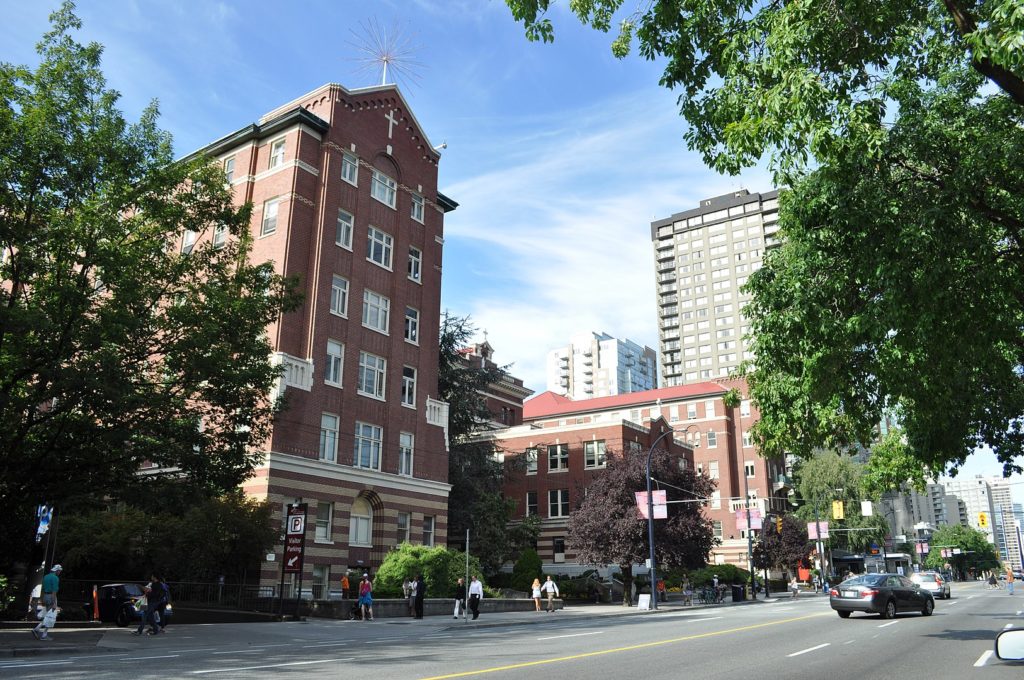
UBC study highlights need to improve health care access in Vancouver, Portland and Seattle
UBC researchers have developed a data science method that analyzes how easily citizens can access hospitals and walk-in health clinics – and it’s a tool that could eventually help city planners and policymakers build smarter, more equitable cities.
Sep 30, 2019